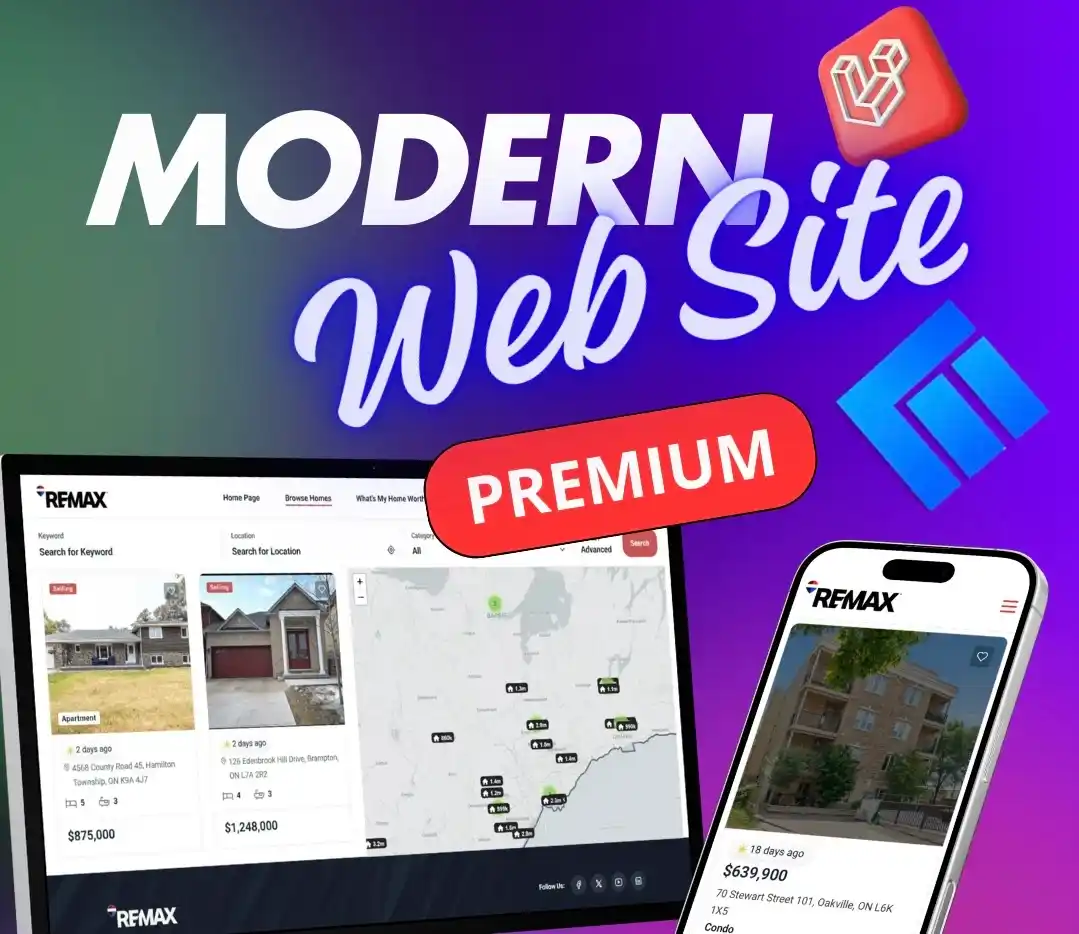
.png)
2024-11-08
BigCommerce vs Shopify vs WooCommerce: Which is the Best E-commerce Platform?
A Complete Comparison of BigCommerce, Shopify, and WooCommerce for Online Businesses
Tags:
When launching an online store, choosing the right e-commerce platform is critical. BigCommerce, Shopify, and WooCommerce are three of the most popular platforms on the market, each offering unique benefits and features. Let’s dive into a detailed comparison to help you determine which platform best suits your business needs.
Overview of BigCommerce, Shopify, and WooCommerce
- BigCommerce: Known for its scalability and robust built-in features, BigCommerce is ideal for fast-growing businesses that require advanced functionality without heavy reliance on third-party apps. It offers a wide range of options for customizing the online store and supports multiple sales channels.
- Shopify: Shopify is highly popular due to its ease of use, intuitive setup, and extensive app ecosystem. It’s an excellent choice for new and medium-sized businesses and provides excellent support and tools to create a professional online store.
- WooCommerce: WooCommerce is an open-source plugin for WordPress, giving users high flexibility and control over their online store. It’s ideal for those who want to use WordPress and need a highly customizable e-commerce solution.
Key Comparison Areas
1. Ease of Use
- Shopify: Known for its beginner-friendly interface, Shopify has an intuitive setup process and offers excellent tutorials, making it ideal for those new to e-commerce.
- BigCommerce: While also easy to use, BigCommerce has a steeper learning curve due to its many features but offers extensive customization options.
- WooCommerce: Requires some familiarity with WordPress, which can make it more challenging for beginners, though it offers significant customization for experienced users.
2. Pricing
- BigCommerce: Offers several pricing tiers, with plans ranging from $29.95 to $299.95 per month. It provides more built-in features at each level, so users may spend less on additional apps.
- Shopify: Plans start at $29 per month, with higher tiers costing up to $299 monthly. Shopify also has transaction fees unless you use Shopify Payments.
- WooCommerce: As an open-source plugin, WooCommerce is free, but users will need to budget for hosting, themes, and plugins. Costs vary depending on customization and hosting choices.
3. Customization and Flexibility
- WooCommerce: Offers the most customization due to its open-source nature, giving developers control over design and functionality.
- Shopify: Provides many themes and app integrations but is more limited in customizability compared to WooCommerce.
- BigCommerce: Offers customization but within its framework, making it slightly more restrictive than WooCommerce while providing more built-in features.
4. Customer Support
- Shopify: Known for excellent 24/7 customer support via phone, chat, and email.
- BigCommerce: Also offers 24/7 support and has a comprehensive knowledge base.
- WooCommerce: Depends on hosting provider for support, as WooCommerce itself has community support and resources but no dedicated customer support.
5. Scalability
- BigCommerce: Best suited for businesses planning to scale, as it supports larger catalogs and advanced features.
- Shopify: Good for medium-sized stores and includes features to support growth.
- WooCommerce: Can scale effectively with the right hosting and customization but may require more technical maintenance.
Conclusion: Which Platform is Right for You?
Each platform has its strengths. Choose BigCommerce if you need powerful built-in features and scalability, Shopify for ease of use and beginner-friendly setup, or WooCommerce if you prefer high customization and control.
Last News.



_11zon_11zon.webp)


